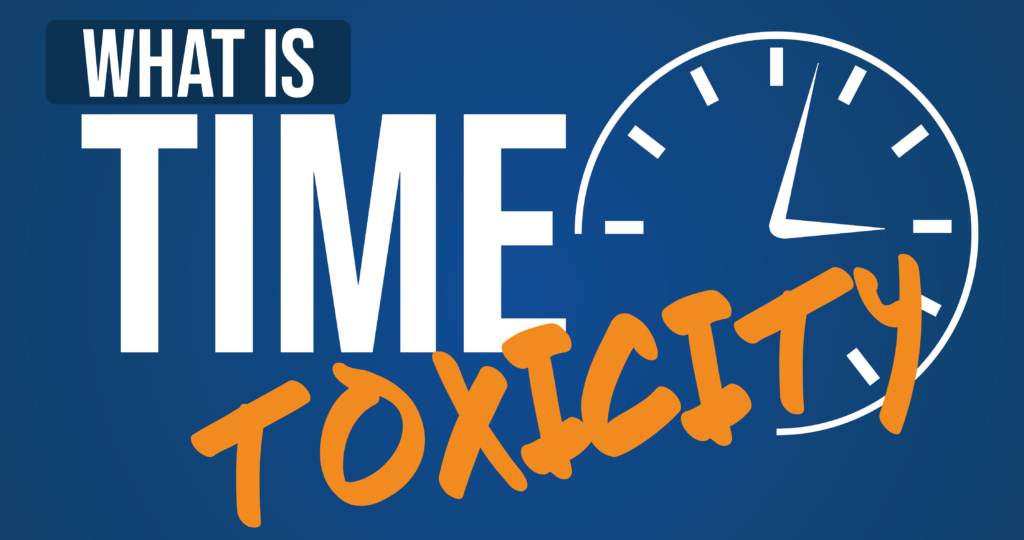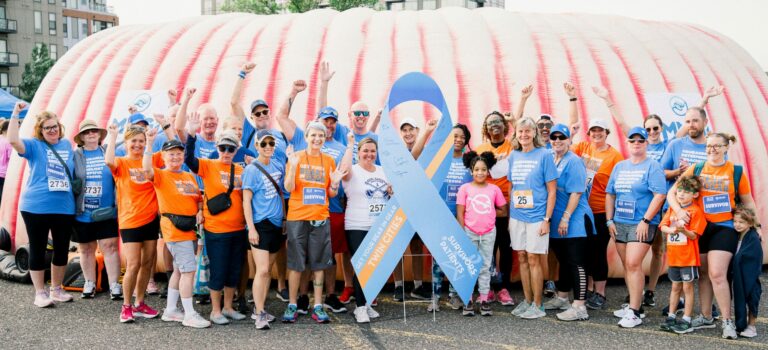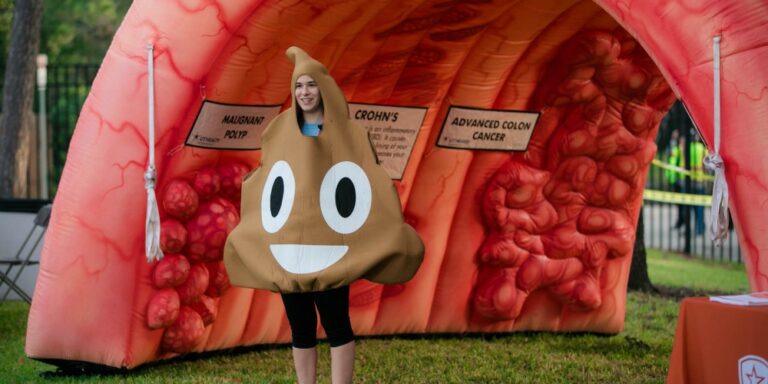
Most cancer patients know the cost of medical treatment all too well. The finances involved in cancer have long been understood and talked about amongst patients, their families, in the media, by doctors, and insurance providers. There’s an additional overlooked cost, however: how much time patients spend in the healthcare system.
Many patients aren’t fully aware of the time commitment required when treatments begin, and doctors rarely understand how much time a patient spends interacting with the healthcare system. Now, researchers across the country, including at the University of Minnesota led by Dr. Arjun Gupta, are giving it a name: time toxicity, and are seeking to understand the time costs to treatment.
Time toxicity is measured by how much time a patient interacts with the healthcare system–even short appointments (like a blood draw) can be a healthcare ‘day.’ Having a broader understanding of the time commitment clinical trials and ultimately treatments demand of patients will allow patients to create better, more informed healthcare decisions for them, and provide clarity on the pros and cons of certain treatments over others.
Patients like Bridgette O’Brien have felt the impact of time toxicity in their daily lives. Family time is lost to waiting rooms and appointments, and it was difficult to explain to those on the outside. “I don’t think many people realize just how much time goes into cancer treatment. As a patient, you do what you have to do to survive, no matter the costs. And one of the biggest costs is time.”
In Feb. 2023, Dr. Gupta was awarded the Sarah DeBord Memorial Grant from the Minnesota Colorectal Cancer Research Foundation. This grant was funded by the Colon Cancer Coalition in memory of longtime staff member, Sarah DeBord. When accepting the grant Dr. Gupta described the importance of understanding time toxicity.“New treatments come out every month, and with that patients are living longer and getting cured. As we do this, It’s on us to make sure our patients live better– not just longer…” Dr. Gupta explained. “[The time] these treatments need can be incredibly burdensome. They require you to come to the infusion center daily for labs, scans, infusions, visits with the oncologist, procedures…Time is also spent in long drives, waiting rooms, and parking lots, and it’s spent on hold with annoying insurance companies. It’s not just the patient’s time spent. It’s friends, and families who have to take off work for childcare or eldercare. And it’s all of these time related burdens that we consider the time toxicity of cancer treatments.”
For Gupta and his team, there are three main goals to this research:
1.) Improve how clinics deliver care to cancer patients. What appointments can be done in a single day, or done virtually, to save time for patients so they can cut down on commute times?
2.) Improving the conduct of clinical trials, and mandating the reporting of time burdens for new treatments.
3.) Calling on insurance providers to support at home and virtual based care.
Understanding how much time they will spend within the healthcare system – in the waiting rooms, infusions, on calls with insurance providers – will allow cancer patients to make informed decisions about their care, especially as end of life nears, and time with friends and family becomes a stronger priority.
For colorectal cancer patients like Bridgette, the time associated with these treatments has had a clear impact on her life, despite her flexible schedule. “Now in my fourth year of active cancer treatment, with stage IV metastatic colon cancer, I’ve spent countless days at oncologist appointments, surgical appointments, CT scans, MRIs, all day clinic IV treatments, pre/post op appointments and hospital stays for four separate surgeries.” .
“My family is definitely impacted by the sheer volume of my appointments and scheduling our day-to-day activities around scans and other treatment needs.” she continued. “My husband is my #1 caretaker and has accompanied me on many of my healthcare appointments…It’s stressful to keep up with all of our schedules between working, work travel, kids activities, and appointments each month. I’ve also missed out on time with my kids and family throughout the years – whether it’s playtime, school events, or sports.”
For Bridgette and the O’Brien family, naming the impact of time toxicity on their lives, and the research into its effects on patients, means their time is seen as valuable, and her appointments are efficient so she can spend more time with her family. “I think it’s important, no matter what your cancer experience and personal situation, time is valuable to all, especially those who need support…The last thing patients need when enduring cancer treatments is stress around getting to and from appointments, coordinating schedules, waiting at the office, and more. Time is precious. Time away from loved ones, particularly at the end of life is so very valuable, as each moment counts.”
Treatment decisions are best made by informing patients how long they can expect to be in waiting rooms, in the commute, or at infusions. Patients like Bridgette deserve that transparency around the time spent in treatment. We’re proud to support the work of Dr.Gupta and the University of Minnesota researchers, and their mission to get cancer patients this clarity.
What is Colon Cancer? Who We Are Educational Materials



